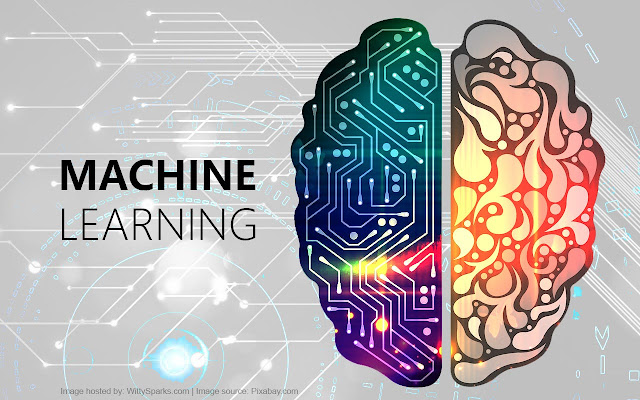Data Science is the study of data and using various methodologies, systems, algorithms, and tools to derive insights from structured and unstructured data. That information is then used by corporations, governments, and other organizations to help them increase revenues, innovate goods and services, construct better infrastructure and public systems, and so on.
But what function does Machine Learning play in Data Science? What is the connection between these domains? Continue reading to discover. Let’s start with understanding machine learning.What is machine learning?
Machine learning is an artificial intelligence application that uses statistical approaches to allow computers to learn and make judgments without being explicitly programmed. It is based on the idea that computers may acquire knowledge from data, recognize patterns, and make decisions with minimal human help.It falls under the umbrella of Artificial Intelligence. It is the study of how to teach robots to behave and make decisions more like humans by enabling them to learn and develop their own programming. This is achieved with little human input, i.e., without explicit programming. The machine learning approach is automated and improved based on the experiences of the machines throughout the procedure.
The Role of machine learning in Data Science
Below mentioned points explain the role of machine learning in data science.Recognizing the Business Issue
To create a successful business model, it is critical first to understand the client's business challenge. Assume the customer wants to know whether or not the patient has cancer. Domain specialists recognize the fundamental flaws in the system in this case.Data gathering
This stage requires you to gather important data. Machine learning services assist in collecting and analyzing structured, unstructured, and semi-structured data from any database across several systems.Feature Engineering
Feature engineering is one of the most crucial aspects of a Data Science Project. It aids in the creation of new features, as well as the transformation and scalability of existing ones. Expertise is critical in this sector for providing fresh insights from the data exploration process.Model Training
Institutes fit the training data in Model training; here is where "learning" begins. They train the model using training data and then evaluate its performance with testing data, which is unseen data.The model prediction
Understanding prediction mistakes (bias and variance) is critical for model prediction. Gaining a thorough grasp of these faults can assist you in developing accurate models and avoiding the errors of underfitting and overfitting the model.For an effective data science project, you may further reduce prediction mistakes by establishing a healthy balance between bias and variance.
Data preparation and validation
One of the important aspects is data preparation and validation. Data science consulting services aid data preparation by analyzing data and preparing features linked to business problems. When well stated, ML systems grasp the characteristics and interactions between them.Features are the foundation of machine learning and every data science endeavor.
Once the data has been prepared, it must be cleansed since data in the actual world is filthy and polluted with inconsistencies, noise, partial information, and missing values.
Final Thoughts
Organizations are increasingly recognizing the value of data in improving their goods and services. The major goal of this post was to show how Data Science and Machine Learning complement each other, with machine learning making a Data Scientist's job simpler.Data science and machine learning collaborate to provide important data insights in various real-world settings, such as online recommendation engines, voice recognition, and identifying fraud in all online transactions. As a result, it is not incorrect to conclude that Machine Learning can evaluate data and derive significant insights.
As a result, machine learning will soon become one of the most in-demand technologies. It will create the most productive apps of the future and will be one of the future technologies in data science.

No comments:
Post a Comment